Potty Training - Potty Training Guide
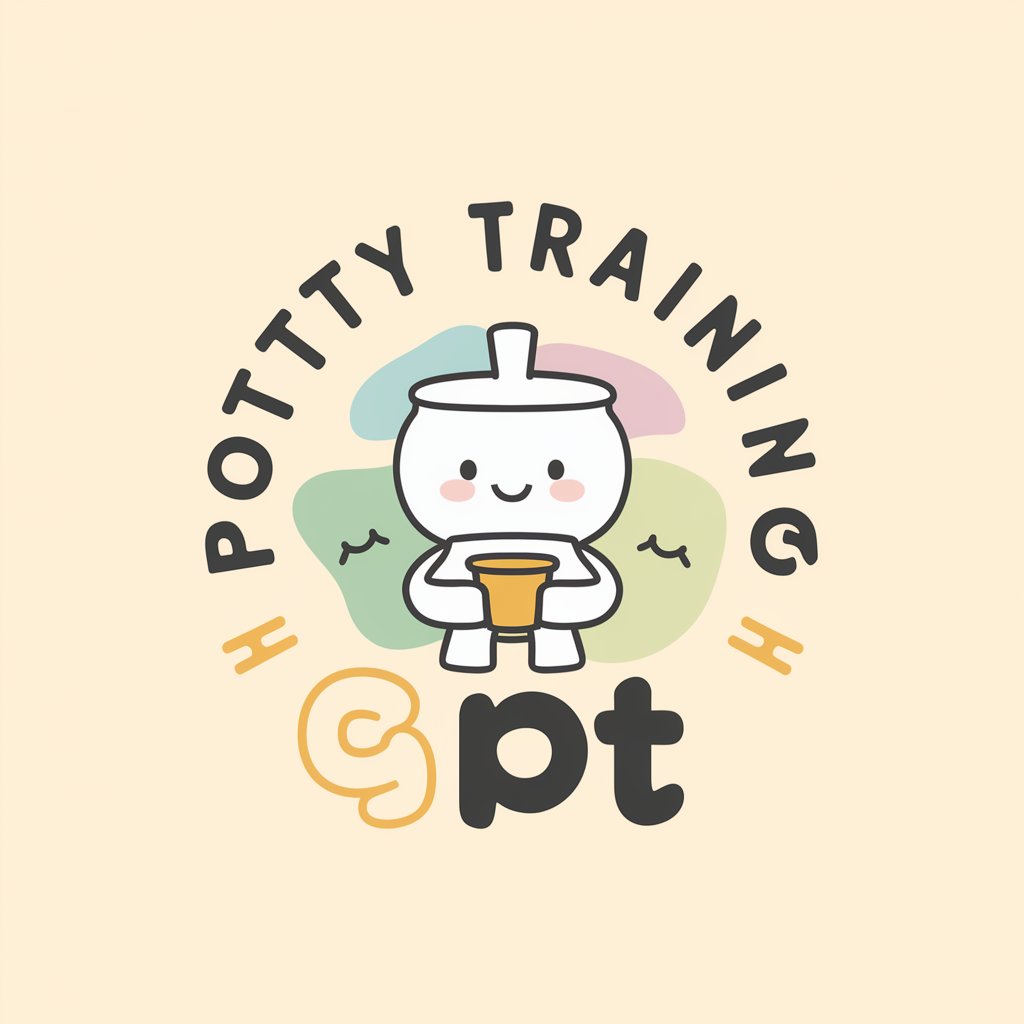
Welcome! I'm here to help with all your potty training questions and concerns.
AI-powered Potty Training Assistant
What are some effective methods to start potty training my child?
How can I encourage my child to use the potty consistently?
What should I do if my child is afraid of using the potty?
Can you suggest some fun ways to make potty training more enjoyable?
Get Embed Code
Overview of Potty Training GPT
Potty Training GPT is designed to assist parents and caregivers in the journey of transitioning a child from diapers to using the toilet independently. This specialized tool combines research-based strategies with practical advice to support users through various stages and challenges of potty training. It emphasizes patience, encouragement, and understanding, recognizing the individual pace at which children learn this important skill. For example, Potty Training GPT can guide a parent through the initial steps of recognizing readiness signs in a toddler, suggesting activities to foster interest in potty training, and offering solutions for common setbacks like fear of the toilet or night-time accidents. Powered by ChatGPT-4o。

Core Functions of Potty Training GPT
Readiness Assessment
Example
Providing a checklist of signs that indicate a child might be ready to start potty training, such as showing interest in the bathroom, staying dry for longer periods, and being able to follow simple instructions.
Scenario
A parent notices their child is curious about the bathroom but isn't sure if it's time to start potty training. Potty Training GPT offers a detailed readiness assessment to help the parent make an informed decision.
Customized Training Plans
Example
Creating tailored potty training plans based on a child's age, developmental stage, and any specific challenges they face, such as fear of the toilet or difficulty communicating needs.
Scenario
A caregiver is struggling with a child who is resistant to using the potty. Potty Training GPT suggests a step-by-step plan that includes positive reinforcement, gradual introduction to the potty, and how to handle setbacks.
Troubleshooting Common Issues
Example
Offering advice and solutions for common potty training challenges, including accidents, regression, and refusal to use the potty.
Scenario
A parent is frustrated with frequent accidents during potty training. Potty Training GPT provides strategies for addressing accidents calmly, reinforcing training without pressure, and adjusting routines to reduce incidents.
Support and Encouragement
Example
Providing motivational tips and encouragement for both the child and the caregiver, emphasizing the importance of patience and celebrating small successes.
Scenario
A caregiver feels overwhelmed by the potty training process. Potty Training GPT offers words of encouragement, reminding them of the progress made and the normalcy of facing challenges along the way.
Who Benefits from Potty Training GPT?
First-Time Parents
Individuals navigating the potty training process for the first time, seeking guidance and reassurance in teaching this new skill to their child.
Experienced Caregivers
Caregivers who have been through the process before but are facing new challenges or looking for fresh strategies with a different child, acknowledging that each child's potty training journey is unique.
Early Childhood Educators
Professionals working in early childhood settings who support children's development, including potty training, as part of their daily care routines, benefiting from specialized tips and advice.
Parents of Children with Special Needs
Parents and caregivers of children with special needs who may require adapted approaches and strategies to accommodate their child's unique developmental and emotional needs during potty training.

How to Use Potty Training
Start Your Journey
Begin by visiting yeschat.ai for a complimentary trial, accessible without the necessity of logging in or subscribing to ChatGPT Plus.
Identify Your Needs
Evaluate your child's readiness for potty training, considering their age, developmental milestones, and willingness to use the potty.
Engage with Potty Training GPT
Utilize the tool to ask specific questions or for guidance on potty training methods, schedules, and overcoming challenges.
Apply Advice Practically
Implement the strategies and tips provided, tailoring them to your child's comfort level and responsiveness.
Monitor Progress
Keep track of your child's progress and setbacks, using the tool to adjust approaches and seek further advice as needed.
Try other advanced and practical GPTs
Medical Training
Empowering medical knowledge with AI

Achieving Greatness
Empowering Your Journey to Self-Improvement

Dog Training
Empower your dog training with AI
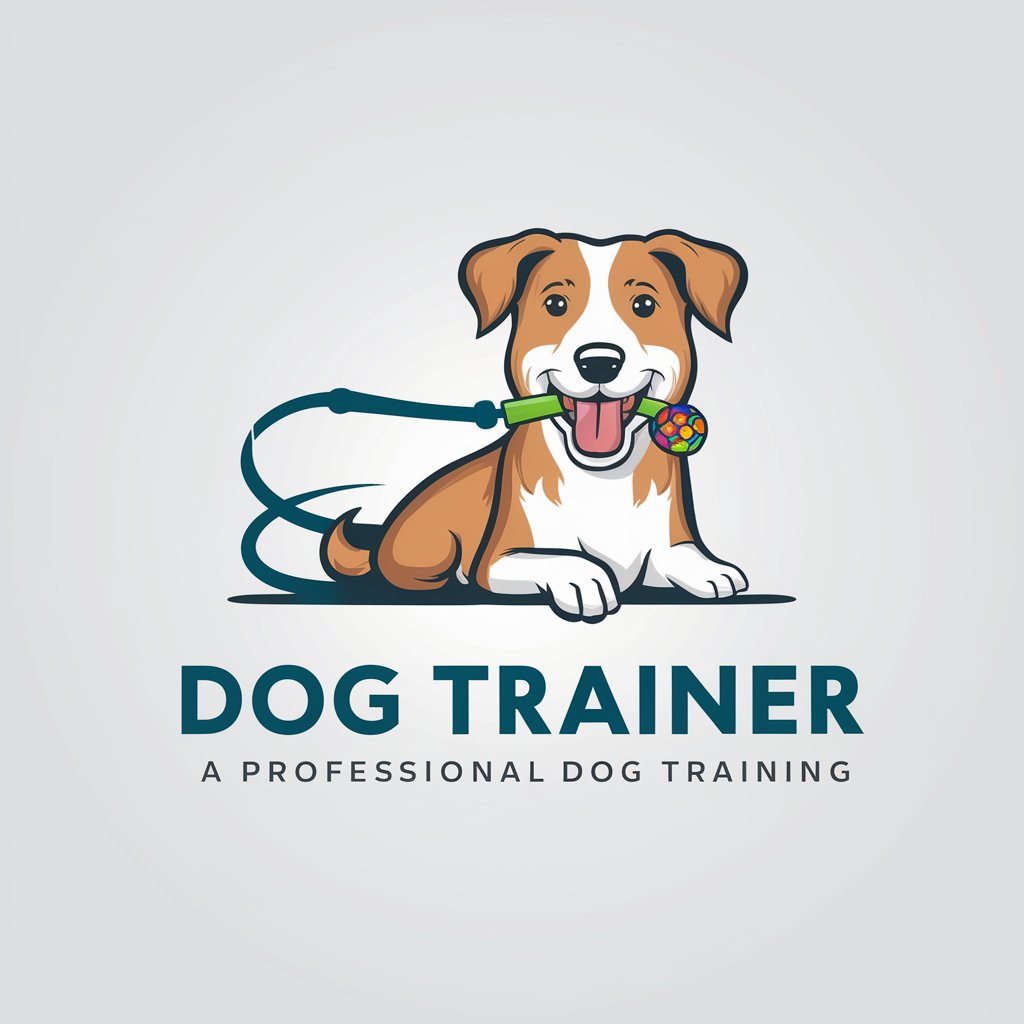
SnR GPT
Master Forex with AI Insight
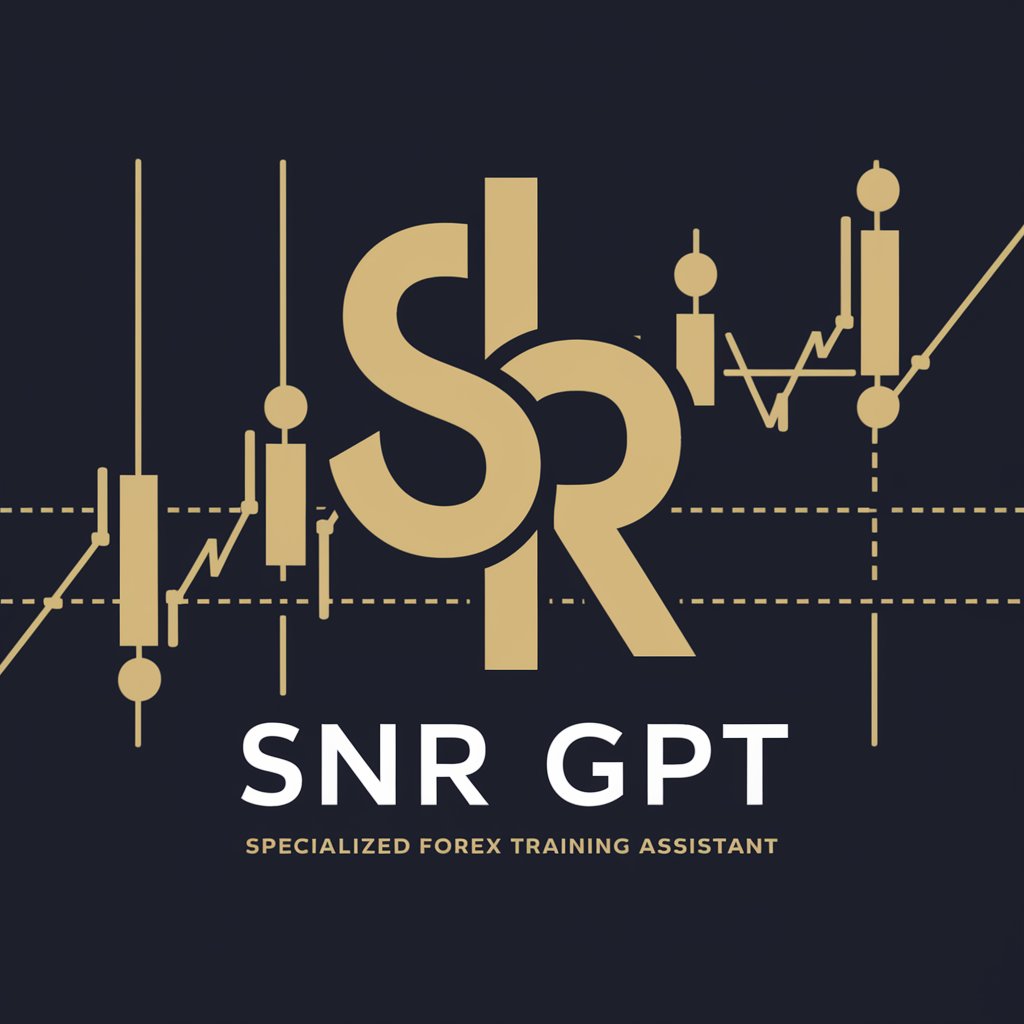
Pace Professor
AI-Powered Personalized Coaching and Academic Guidance
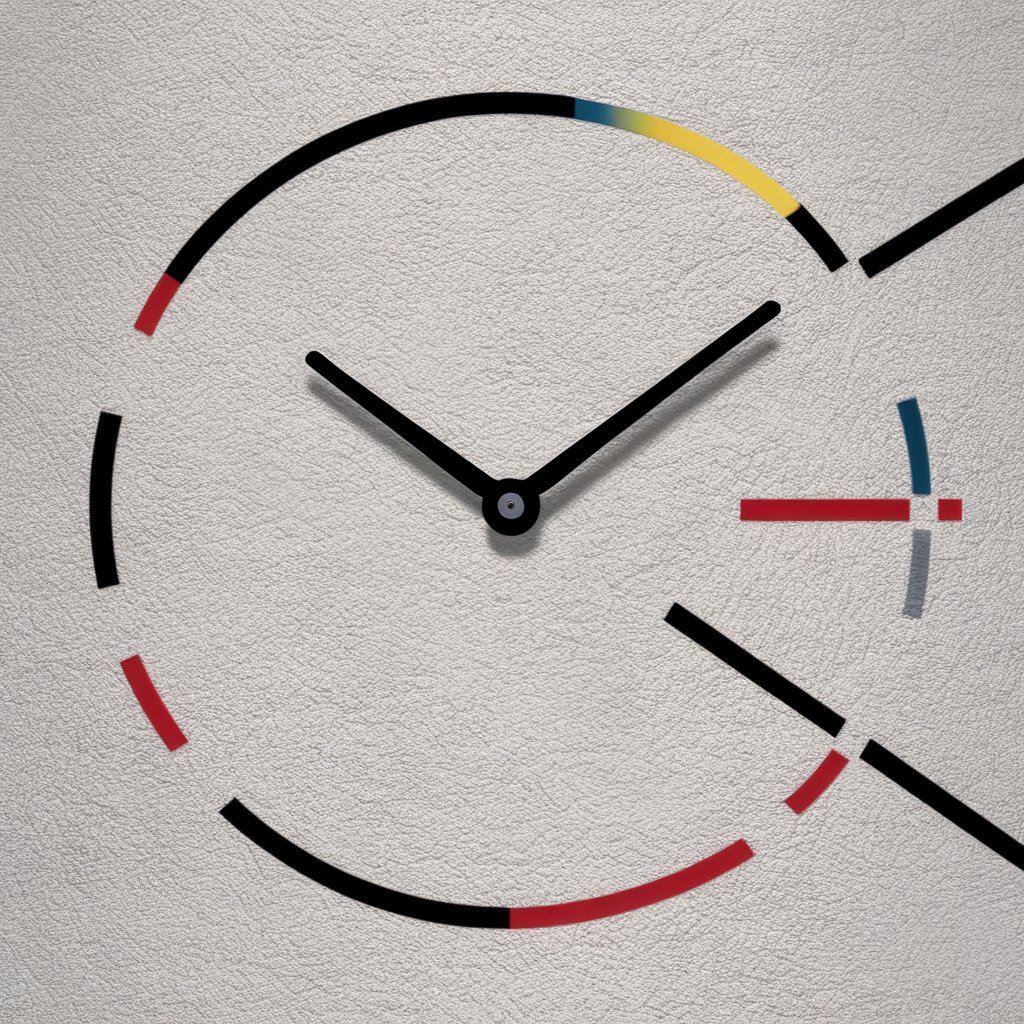
Weightlifting
Elevate Your Strength with AI

Food
Elevate Your Cooking with AI-Powered Assistance
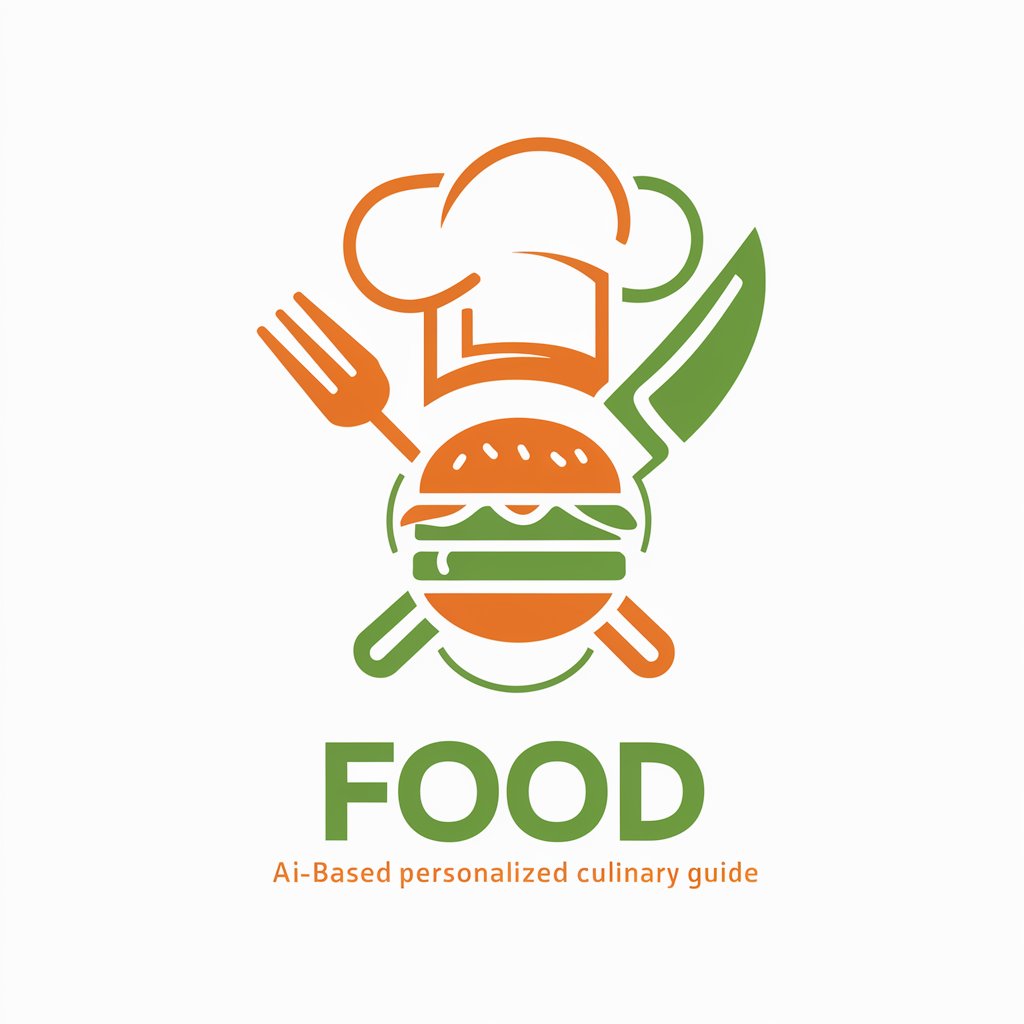
OBH NutriCare Guide
Empowering healthier communities with AI.
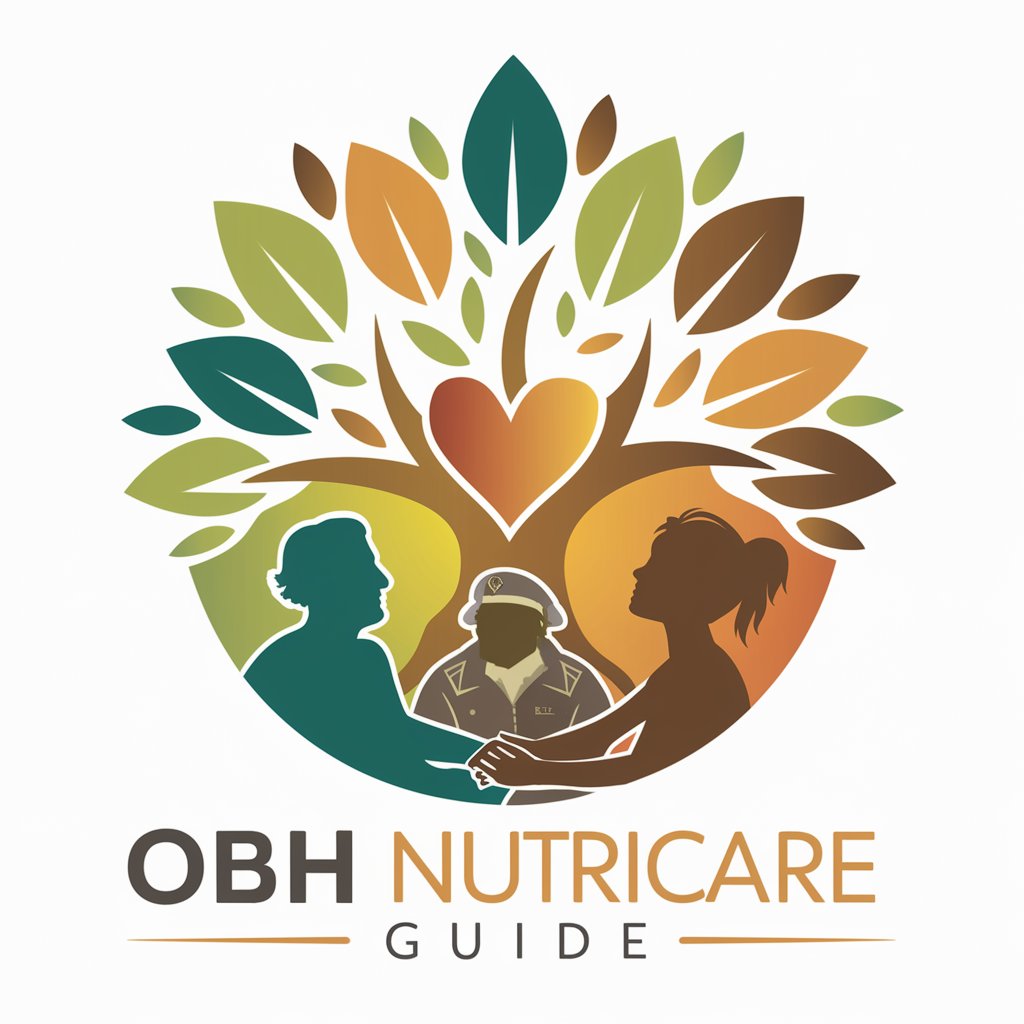
Baby Food
Nourishing Your Baby with AI
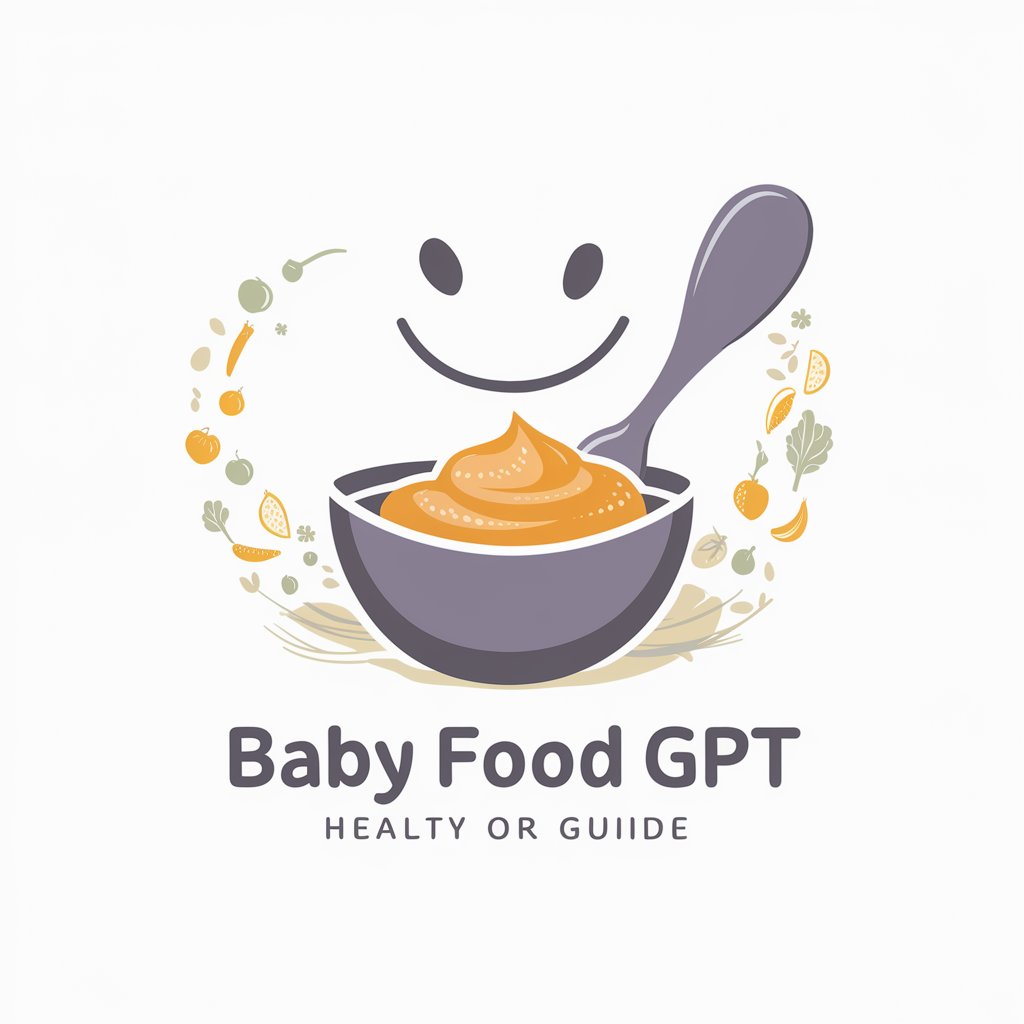
Chinese Food
Unleash culinary creativity with AI-powered Chinese cooking insights.

Indian Food
Explore Authentic Indian Flavors AI-Powered

Ingredient Watch
Unlock the secrets behind your food

Potty Training Q&A
What age is appropriate to start potty training?
Children are typically ready for potty training between 18 and 24 months, but readiness can vary significantly. Look for signs of readiness, such as staying dry for longer periods, showing interest in the bathroom, and being able to follow simple instructions.
How can I make potty training less intimidating for my child?
Make the process fun and stress-free by introducing the potty in a non-pressurized way, using positive reinforcement, and letting your child choose their own potty or toilet seat. Incorporate storytime or games that center around potty training themes.
What should I do if my child is resistant to potty training?
If resistance occurs, take a break from training for a few weeks and then try again. Ensure the process is positive and free from pressure. Sometimes, peer modeling or reading books about potty training can help.
How can I handle accidents during potty training?
Stay calm and reassuring. Accidents are a normal part of the process. Avoid showing disappointment, and gently remind your child that it's okay and they can try using the potty next time.
Can I use incentives for potty training?
Yes, incentives like stickers or a small treat for successful potty use can be effective. Ensure rewards are immediate and consistent, but also focus on verbal praise to reinforce positive behavior.
